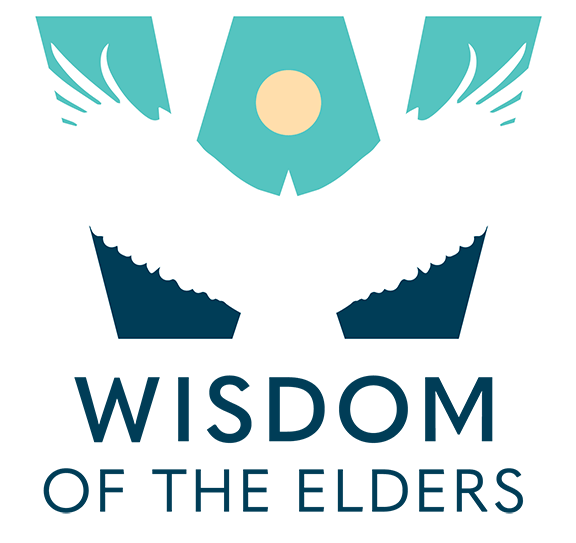Native People Are Still Here
with Judy Bluehorse Skelton [audio:https://www.wisdomoftheelders.org/prog308/mp3/308_sl.mp3] Arlie Neskahi: Two hundred years have passed since Lewis and Clark. We stand at the edge of the continent and look back at where we’ve been and ask where we are headed. The Chinook people look to the future as they continue their appeals to the U.S. Government to be remembered and officially recognized as a sovereign nation. What is sovereignty and why is it so important to Native Americans? Today in Sacred Landscape, Judy Bluehorse Skelton, talks about sovereignty and offers reflections on the land, the people, and the journey that changed a continent forever.
Judy Bluehorse Skelton: Wild waves thunder against the rocky cliffs of the Pacific Ocean, as a constant rain falls. Giant grey whales migrate slowly along the shore, flashing their magnificent tails as they dive into the depths. Here, where ancient forests touch the sea, a thick carpet of green mosses and sword ferns run along the forest floor and up the trunks of big-leaf maples, red alders sitka spruce and cedars. The Native people of the Northwest coast enjoyed an abundance of riches from the sea and forests and cultivated a vibrant trading culture. Among them are the Chinook. Many people have read about the Chinook people in the journals of Lewis and Clark. And Chinook Wa-Wa was one of the most widespread languages spoken in the region. It’s still being taught today. But unlike the Yakama nation, the Nez Perce Tribe, the Confederated tTribes of Umatilla, Warm Springs or Grand Ronde, the Chinook tribe is not recognized as a sovereign nation by the U.S. government. Sovereignty acknowledges the autonomy of a nation, in this case, the Chinook Nation, and its rights to self-determination. As a self- governing body, the tribe can set policies and make decisions regarding the well being of its members. Recognized tribes may hold fishing, hunting and gathering rights and are eligible to pursue economic development, health care, and educational benefits. Perhaps more importantly, sovereignty empowers the people to strengthen their ancestral ties to their traditions and the land, while securing a healthy future for those yet unborn. The Chinook tribe gained federal approval in January 2001, only to have it reversed the following summer. They are continuing to appeal this decision. The Corps of Discovery ushered in a dark time in the history of Native people. On the 200 th anniversary, what is the proper response from Indian country? For many Native Americans today, the Lewis and Clark Bicentennial is a time to remember and commemorate the courageous and enduring spirit of their ancestors. It’s a time to honor the wise elders who kept the traditions alive, even when it became illegal to practice one’s beliefs or speak one’s language. One message is clear. Native people are still here. We continue to share our stories and our hearts. It’s a time to remember and restore our good relationships with the plants, the animals, the forests and wildflowers, the waterways and mountains… and with one another. It’s a time to recognize the sacred in all our relations. It’s a time for healing. Like the seasons, signs of renewal are emerging, creating a road to recovery from “discovery” for all the people, for generations to come. With each breath, with each step, with each heart beat. Osadadu.


